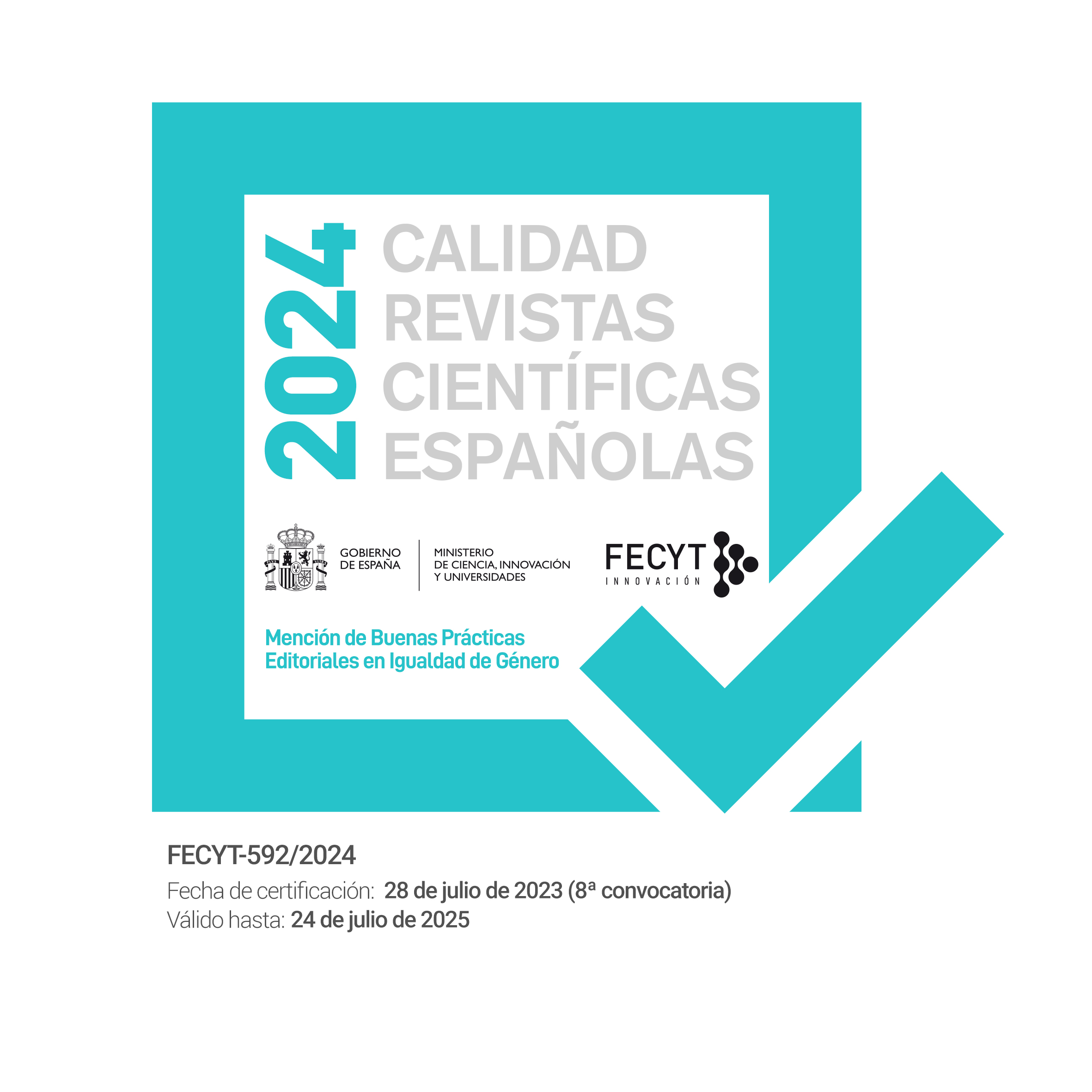Violencia contra las mujeres indígenas: entre las «justicias» y la desprotección. Posibilidades de interculturalidad en Ecuador
Abstract
Feminism, from its different aspects, has contributed with key elements to the debate on women’s collective rights, cultural rights and human rights. In this paper I collect some of these contributions highlighting the points of contrast and tension. I stress the Ecuadorian case, analyzing the constitutional regulations on native justice, which is in constant divergence from the testimonies of the native leaders that relate their struggle to demand a real protection of their rights in such jurisdiction (1). I suggest some basic conditions to attain an intercultural relation between both legal systems, without forgetting that native women’s lack of protection against violence is present both in the state justice and in the native justice, which implies a serious deficit for a multi-national, intercultural and constitutional State of rights.
(1) These testimonies are part of the debates aroused in different workshops within the project «Dialogue of knowledge on mechanisms and ways to solve violence against native women: cases from the provinces of Imbabura, Chimborazo and Sucumbios», held by the University Andina Simon Bolivar, located in Ecuador in 2008 with the support of the Embassy of Netherlands.
Published online: 11 December 2017
Downloads
Deusto Journal of Human Rights / Revista Deusto de Derechos Humanos is an Open Access journal; which means that it is free for full and immediate access, reading, search, download, distribution, and reuse in any medium only for non-commercial purposes and in accordance with any applicable copyright legislation, without prior permission from the copyright holder (University of Deusto) or the author; provided the original work and publication source are properly cited (Issue number, year, pages and DOI if applicable) and any changes to the original are clearly indicated. Any other use of its content in any medium or format, now known or developed in the future, requires prior written permission of the copyright holder.



3.jpg)
3.jpg)
3.jpg)
.jpg)








